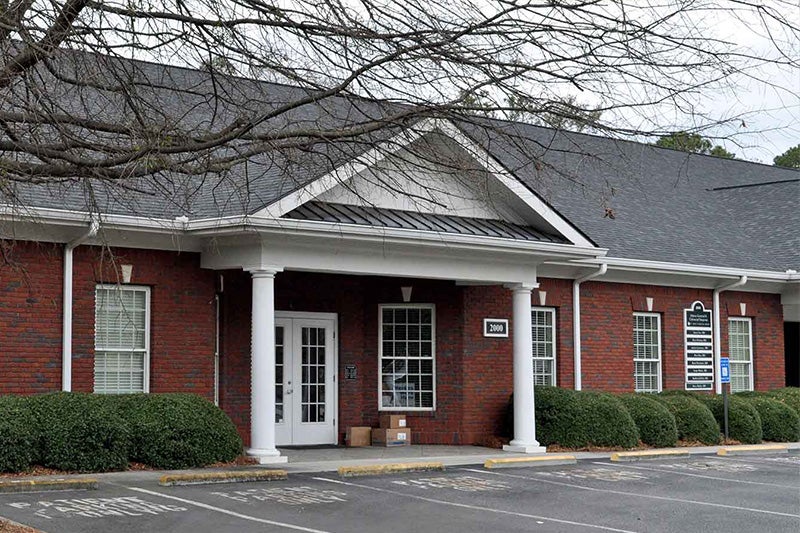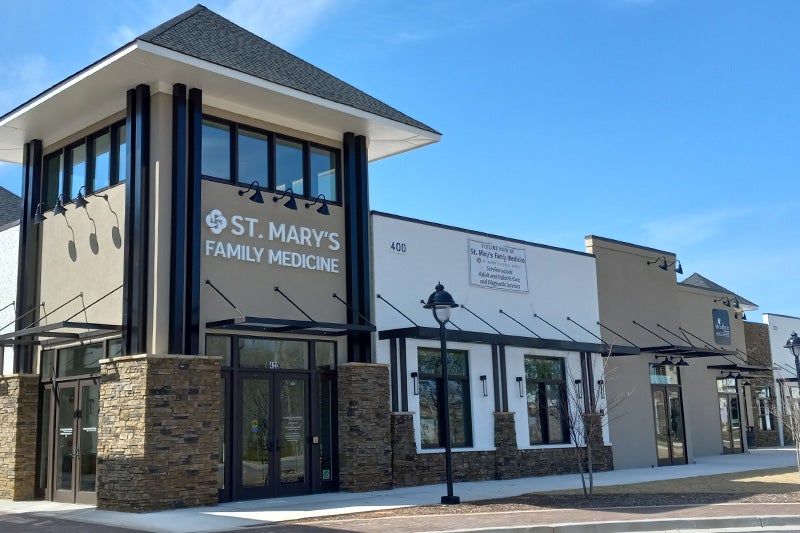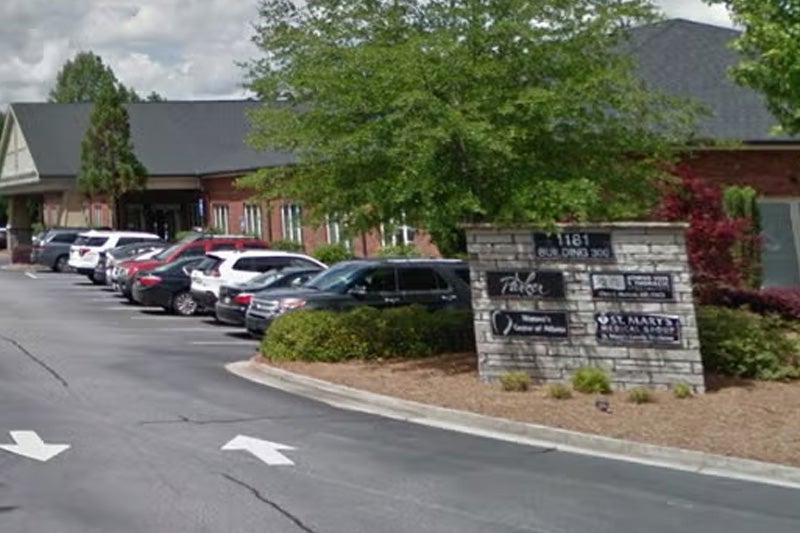The Importance of Colorectal Cancer Screenings: A Guide from St. Mary’s Health Care System
March 5, 2025Tags: Colorectal Cancer
At St. Mary’s Health Care System, your health and well-being are our top priorities. One of the most effective ways to protect yourself against colorectal cancer is through regular screenings. Colorectal cancer is one of the most common cancers, but it is also highly preventable and treatable when caught early.

Why Colorectal Cancer Screenings Matter
Colorectal cancer often develops from polyps—small growths in the colon or rectum. These polyps can become cancerous over time, but screenings can detect and remove them before they turn into cancer.
Screenings can:
- Detect cancer early: When found early, colorectal cancer is much easier to treat.
- Prevent cancer: By removing precancerous polyps during a screening, the risk of cancer is significantly reduced.
- Save lives: Routine screenings have been shown to lower the death rate from colorectal cancer.
When to Get Screened for Colorectal Cancer
The American Cancer Society recommends that adults at average risk start colorectal cancer screenings at age 45. However, you might need to start earlier or get screened more often if you have:
- A family history of colorectal cancer or polyps
- A personal history of inflammatory bowel disease (like Crohn’s disease or ulcerative colitis)
- Genetic syndromes like Lynch syndrome or familial adenomatous polyposis (FAP)


Types of Colorectal Cancer Screenings
Understanding your screening options helps you make informed decisions with your healthcare provider. Common screening methods include:
- Colonoscopy: A procedure where a long, flexible tube with a camera is used to examine the entire colon. If polyps are found, they can often be removed during the exam.
- Stool Tests: These tests check for hidden blood or abnormal DNA in your stool, which might indicate cancer or polyps.
- Flexible Sigmoidoscopy: Similar to a colonoscopy, but only examines the lower part of the colon.
- CT Colonography (Virtual Colonoscopy): A specialized CT scan that provides images of the colon and rectum
Where to Get Screened for Colorectal Cancer
At St. Mary’s, we make it easy to access colorectal cancer screenings and follow-up care. Our network of primary care providers can guide you through the screening process and refer you to specialists when needed.
Primary Care Locations:
- Athens Internal Medicine Associates – Athens, GA
- Community Internal Medicine of Athens – Athens, GA
- Georgia Family Medicine – Watkinsville, GA
- Good Samaritan Primary Care – Greensboro, GA
- Sacred Heart Primary Care – Lavonia, GA
- St. Mary’s Family Medicine – Bogart, GA
- St. Mary’s Internal Medicine Associates – Athens, GA
- St. Mary’s Primary Care – Athens, GA
Specialty Care for Advanced Treatment:
- Athens General & Colorectal Surgeons – Athens, GA
- Athens General & Colorectal Surgeons – Greensboro, GA
- Sacred Heart General Surgery – Lavonia, GA
Several community-based providers also provide services at St. Mary’s Hospitals
Colonoscopy services are available at:
- St. Mary’s Hospital, 1230 Baxter St., Athens, GA
- St. Mary’s Sacred Heart Hospital, 367 Clear Creek Parkway, Lavonia, GA
- St. Mary’s Good Samaritan Hospital, 5401 Lake Oconee Parkway, Greensboro, GA


Taking the Next Step
If you’re over 45 or have risk factors for colorectal cancer, don’t wait to schedule your screening. Early detection saves lives, and we’re here to support you every step of the way. Reach out to your primary care physician – to discuss your risk factors and screening options. It is never too late to take a proactive approach to your health!
At St. Mary’s, we care deeply about your well-being and are dedicated to providing the highest quality care for our community. Let’s work together to prevent colorectal cancer and keep you healthy for years to come.

Schedule Your Screening Today
Find a Location Near You
Stay Informed, Protect Your Health
Learn More about Colorectal Cancer



